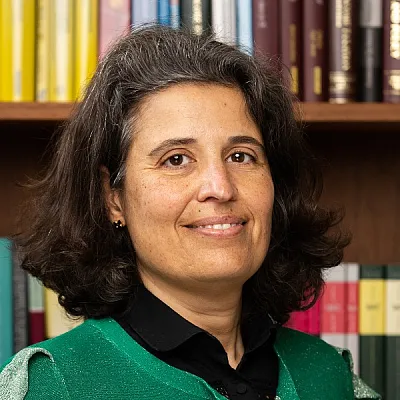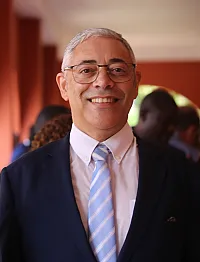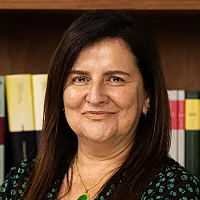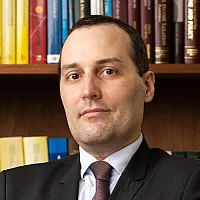Research Groups
Group III: Law & Economics
The research to be developed will seek to assess how Portuguese judges, legislators and policy-makers follow Portuguese legal doctrine, in what terms and with what impact is; study the adoption, impact, challenges and limitations of sustainable finance in the PALOP, in cooperation with 5 universities from African countries.
This group is coordinated by Prof. Dr. Rute Saraiva.
Projects
Accordingly, this Group will develop the following projects:
The case of the PSAC
Sustainable finance in emerging markets isexperiencing enormous growth. There have been significant developments in ESG policies and frameworks, designed to mobilise capital for sustainability, and increase in innovative sustainability-themed capital market products and bond issuances. Public finances and investments are also turning to sustainability, since the Global South, and African countries in particular, are the most probable victims of climate change and environmental degradation.
Therefore, the project aims to report what is being done on this subject in Portuguese Speaking African Countries, in order to assess the state-of-the-art, the loopholes and limitations and therefore contribute with de jure condendo legal and policy solutions.
This implies not only a survey of the legal framework and policy measures, but also to make a study-case analysis with applied public and private finance tools and the building of effectiveness indicators.
For more project information: https://www.cideeff.pt/en/initiatives/nurturing-sustainable-finance-growth-in-africa/6366/
Duration: 2024-2028 (48 months)
Project status: Ongoing
Are courts and legislators under the persuasion of the academic ivory towers
At a time when AI tools force us to reflect on the importance and functions of academia and when new ways of thinking, doing and applying law are urgently needed, it is important to determine the role of Portuguese legal doctrine in the daily life of the judiciary and the legislature. Thus, with an empirical approach with the support of quantitative and qualitative methods, in particular with the use of data science, the project seeks to understand, among others, whether Portuguese judges, legislators and policy-makers are anchored and supported by national doctrine, in what terms and with what impact. It is all the more important when the recent proposals for judicial reforms by the Associação Sindical dos Juízes Portugueses point to problems with judges with too academic profiles and given that the pandemic also brought the need for a reinforced scientific basis for legislative acts and policy design.
For more project information: https://www.cideeff.pt/en/initiatives/the-influence-of-portuguese-legal-doctrine/6365/
Duration: 2024-2028 (48 months)
Project status: Ongoing




